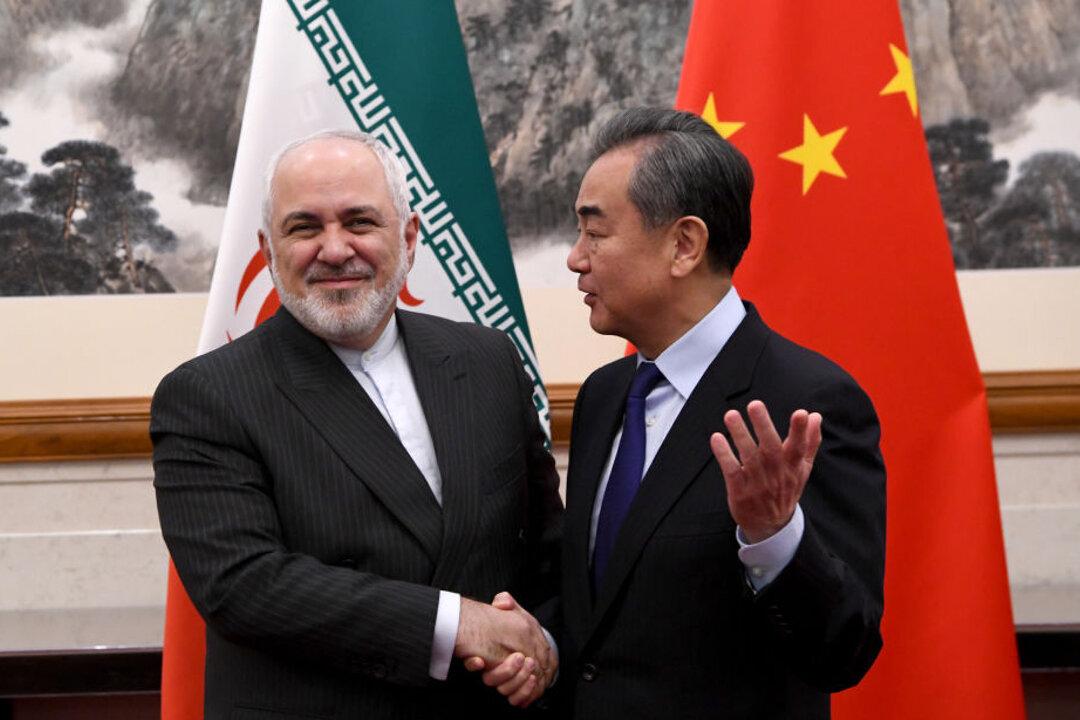The power dynamics in the Middle East after Qassim Soleimani’s death are likely to be redrawn between Iran, China, and Russia vis-a-vis the United States. Added to this paradigm is Iraq—sandwiched between the United States and Iran and increasingly being pushed toward China, according to geopolitical analysts who study the region.
“Frankly, the Iranian government will remain closer to Beijing than ever before. Because Tehran knows well that Russia could not be the only balance of power vis-à-vis the American hegemony in the Middle East,” Esra Serim, a Turkish analyst based in France, told The Epoch Times in an email.





